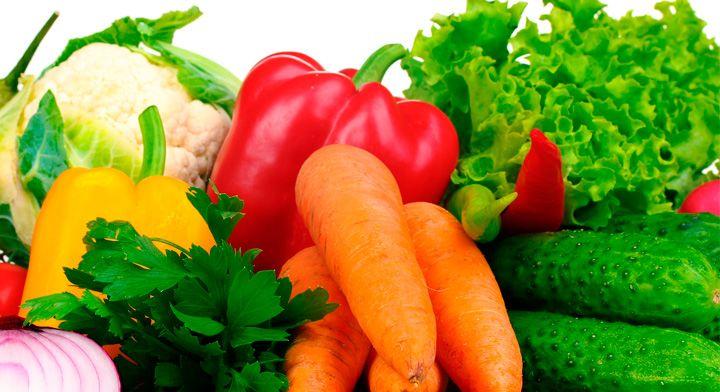The United States topped the list of the world’s top vegetable importers in 2021, with purchases of $13.488 billion, up 5.5 percent year-on-year.
Among other products, US purchases were dominated by tomatoes ($2.912 million), cucumbers and gherkins ($1.045 million), and onions and garlic ($820 million).
Germany was next, with imports for 8,306 million dollars, a growth of 9.7% year on year.
Above all, the German purchases were tomatoes (1,686 million dollars), cucumbers and gherkins (740 million) and lettuce (488 million).
In the third position was the United Kingdom, with imports for 3,896 million dollars and a year-on-year drop of 2.1 percent.
The main external purchases of the British were tomatoes (621 million dollars), onions and garlic (284 million) and cabbages and cauliflowers (279 million).
Vegetable importers
According to the FAO, many of the practices and principles for sustainable staple crop production to generate income, protect the environment and ensure social equity are also appropriate for fruit and vegetable production.
Similarly, many of the farmers and their households face high levels of poverty and food and nutrition insecurity and are particularly vulnerable to the impacts of disasters and climate change, increasing water scarcity, pests and diseases, loss of soil fertility and scarcity of productive resources (due to unsustainable production methods).
However, the FAO stresses that fruit and vegetable crops are fundamentally different from staple crops.
Fruits and vegetables are very diverse, perishable and rich in nutrients. They can generate significantly higher income from small units of land, little water and nutrients.
Their sustainable production and post-harvest management are knowledge- and labor-intensive and require high-quality inputs, such as seeds and technologies or practices to properly manage water, nutrients, soil, pests and diseases, and to manage perishability. of the product before reaching the market.
Other outstanding vegetable importers were: France (3,896 million dollars, +8%) and Canada (3,054 million, -9.3 percent).
Fruits and vegetables are highly nutritious, and this, among their many benefits, makes them essential for human health.
![]()

